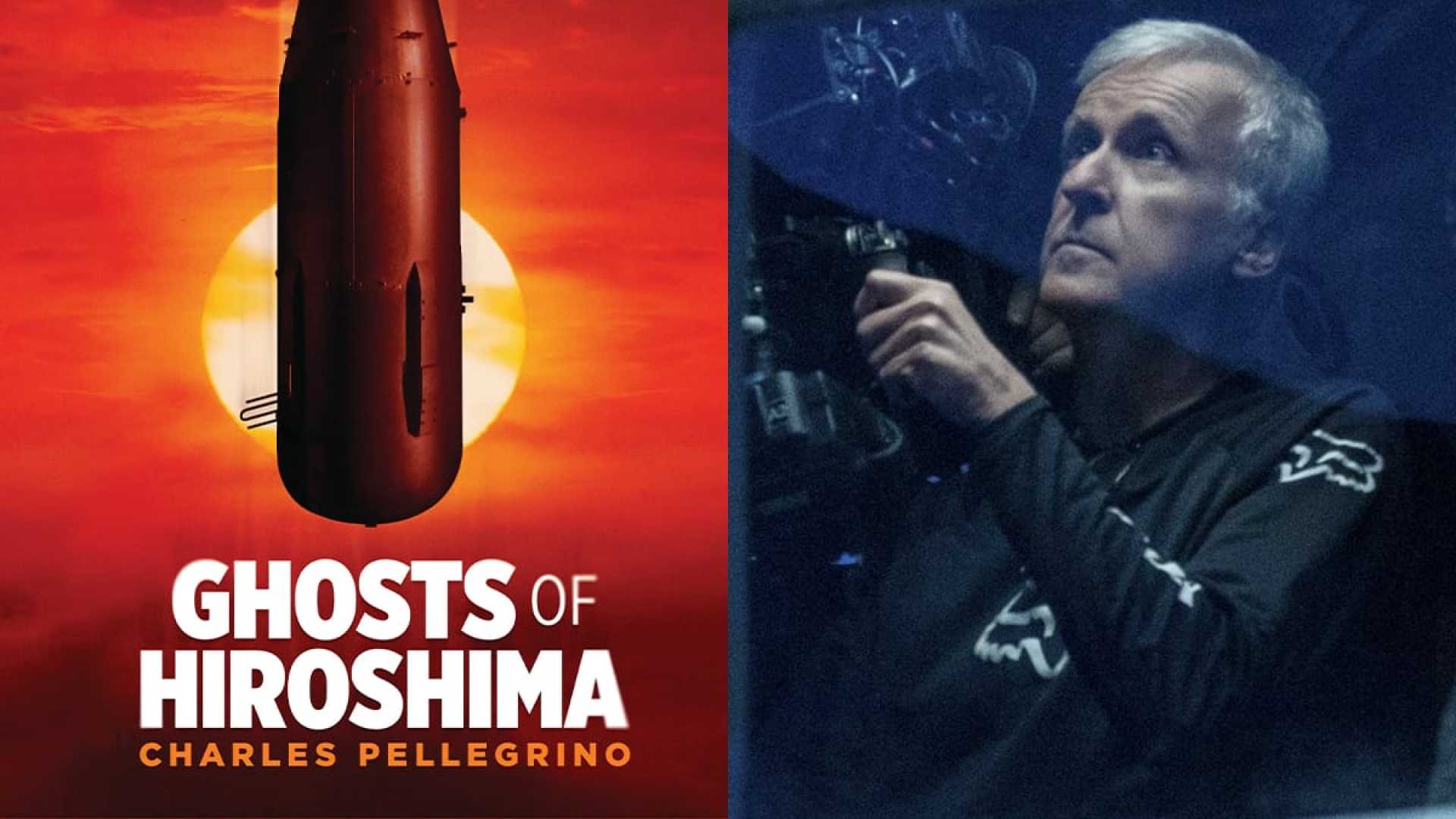Entertainment
James Cameron Warns of AI Threats While Announcing Hiroshima Film Project

LOS ANGELES, CA – Filmmaker James Cameron has raised alarms about the potential dangers posed by artificial intelligence (AI), nuclear weapons, and climate change, identifying them as existential threats to humanity.
Speaking at a press event to promote his upcoming film adaptation of Charles Pellegrino‘s book, Ghosts of Hiroshima, Cameron expressed concerns that an AI-enabled arms race could lead to a disastrous future reminiscent of his Terminator franchise.
“I do think there’s still a danger of a Terminator-style apocalypse where you put AI together with weapons systems,” Cameron said. “Because the theatre of operations is so rapid, the decision windows are so fast, it would take a super-intelligence to be able to process it. Humans are fallible, and there have been numerous mistakes that could have led to nuclear war.”
The director outlined three critical threats: climate degradation, nuclear armaments, and super-intelligence, all peaking simultaneously. He remarked, “Maybe the super-intelligence is the answer, but I don’t know.”
Cameron’s latest film, which tells the story of the 1945 atomic bombing of Hiroshima, is described as potentially his most challenging project to date. He admitted that he is still working on how to present the horrific subject matter with honesty while finding some poetic aspect.
In previous interviews, Cameron has advocated for using AI to enhance filmmaking efficiency rather than replace creative professionals. “I just don’t personally believe that a disembodied mind will ever create a story that moves an audience,” he stated, emphasizing the irreplaceable human element in storytelling.
While he sees possibilities for AI to streamline production costs, Cameron clarified that it should not come at the expense of human jobs. He aims for a future where AI aids artistic endeavors without compromising creativity, stating, “It’s about doubling their speed to completion, so artists get to move on to other cool projects.”












